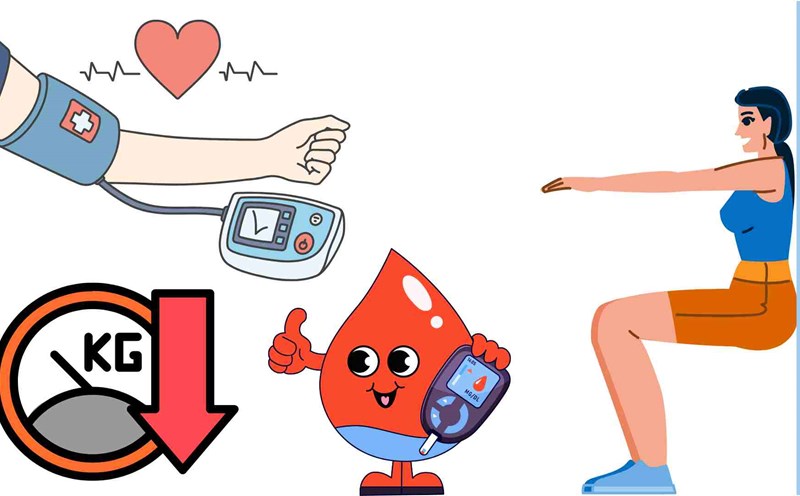First, skip meals. When you fast for breakfast or dinner, the body falls into a state of prolonged hunger, slowing down the metabolism process. As a result, when you eat again, your body can easily "store" energy in the form of fat. Forever eating makes the body think it is lacking energy, which triggers fat storage mechanisms for survival, says Dr. Samantha Heller, a nutritionist in New York (USA).
Second, eat too little fat. Many people completely cut out the fat in their diet with the desire to lose weight. However, the body still needs good fats from fish, nuts, olive oil to maintain hormones and support metabolism. Lack of fat can lead to brisk hunger, cravings for sugary snacks, and cause increased belly fat.
Third, diet according to the trend of "super low in calories". Diets that only allow below 800 - 1,000 calories/day often lead to muscle loss instead of fat, causing a decreased basal metabolic rate. When returning to a normal diet, the body can easily gain weight quickly.
Finally, eat less but not balanced. For example, eating only vegetables and fruits without protein. Lack of protein causes muscle to decline, while reducing the ability to burn energy.
Experts recommend that instead of eating less excessively, you should eat enough and balance the ratio of whole starch, lean protein, healthy fats and green vegetables. More importantly, maintaining new exercise habits is the key to sustainable fat loss.











